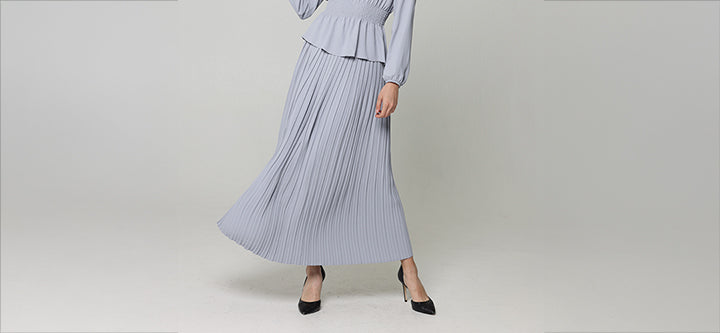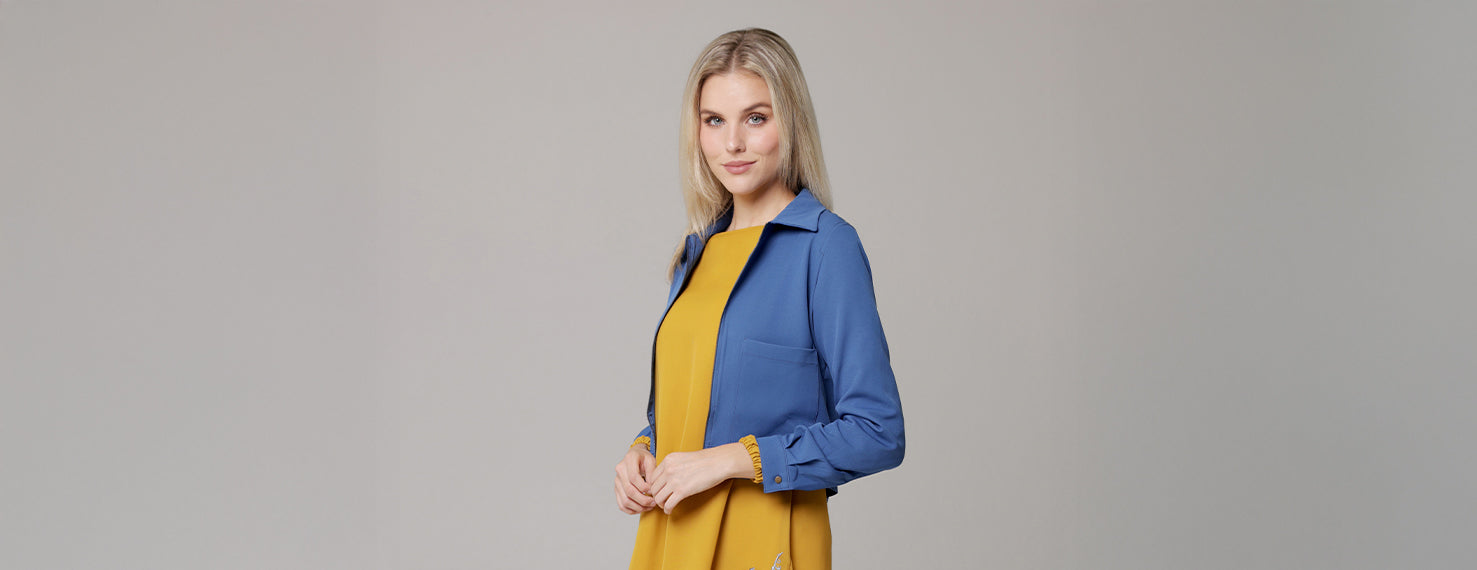Top 3 Lessons: Is Ramadan about fasting? It is not.

My alarm goes off.
It's 4:15 am on the 25th night of Ramadan. I turn and glance at the sleeping figure of my husband beside me. His chest rises up in the slow motion of deep, deep slumber.
I ease myself out of bed as gently as possible so I don't wake him. He departs on his two hour commute to work at 5:30 am. He deserves the extra 20 minutes of sleep. I pitter patter up the stairs, already strategizing how I will get suhoor (the pre-dawn meal) for five, on the table in 15 minutes or less. That will give us just about 20 minutes to eat before the long Ramadan fast starts.
I arrive in the kitchen fully expecting to tackle this challenge alone...only to smell eggs frying and discover that my daughters have beaten me to it. They are already there prepping the meal. One has laid the table. The other is stirring the oatmeal simmering on the stove. The last is flipping eggs.
How did this happen? They are heavy sleepers. On regular school mornings, the youngest one routinely sleeps through three alarms blaring in her ear and gets late for school.
Twenty minutes later, my husband lumbers up the stairs. We eat together in beautiful silence, the house still, the sky dark outside. The meal finished, he goes and changes into special clothes to lead our little congregation in Fajr prayer. He does this even though he must hurry up and change once again to leave for work.
How did this happen? On regular days, we mostly miss the Fajr prayer.
After Fajr, instead of sleeping I pull out a chapter of my Quran. I'm a slow reader as Arabic is not my native tongue, but I will finish the book if I'm consistent. One chapter a day.
How did this happen? On regular days the Quran mostly sits on the shelf, unless it's somebody's funeral or something and I read Yasin for them.
At 6:45 in the evening, when I return from work, the girls are in the kitchen before me yet again.There's much anticipation for what mouthwatering goodies we will have for our Iftar (fast-breaking) meal. Yummy samosas are sizzling on the stove. A candle glows on the beautifully laid table, next to dates stuffed with cream and a fresh green salad from our vegetable garden.
How did this happen? On regular days I have to call and call again and nobody shows up for dinner. When they finally do, we don't really bother to lay the table. We just microwave our plates of food.
"It's almost time" the oldest says, just as her father enters the house, weary from his long commute, but right on time to break the fast with the family, nonetheless.
How did this happen? On regular days he often misses dinner with us because he's 'so busy'.
After we break our fast, he changes into special clothes once again and leads the family troupe in the sunset Maghrib prayer. He thanks God for all the blessings and prays for each one of our children in turn.
How did this happen? We will wait another year to hear this dua again.
It's easy to think that Ramadan is about fasting.
It is not.
We live incredibly 'busy', very productivity oriented lives and for people who don't fast it's pretty incomprehensible that Muslims give up on sleep, food, water, even morning coffee, and take out hours of their day to do what....pray? Really? They could be doing so much more with that time, like working harder, making more money, or just plain enjoying themselves.
But why are so many people willing to make such drastic changes to their daily routine? And more importantly: How are we able to this?
It's because Ramadan, is not about fasting at all. Its not even about prayer. It's about something more fundamental, something deeply important to us, something we crave as human beings; whether we are Muslim or not, whether we fast or not.
Here's what Ramadan is really about:
Pause

Do you ever feel like your life is just a never ending to-do list? That you're running around chasing your tail? That at the end of the day it's hard to see which of the multitudes of tasks you did that day were actually meaningful? Do you even have time to consider, what 'meaningful' means to you?
What Ramadan does is it utterly disrupts our life and upends our daily schedule. It breaks every routine we have. It forces us to
Pause, and Reflect
on what we are doing day to day. Take stock of our lives.
For us as human beings, it is super important to press this pause button every once in a while. Stop, reflect, assess. What is important? What are we doing?
Is what we are doing actually moving us in the direction of what's important?
Rebalance

Ramadan disrupts our everyday routine and makes us take time from work and other activities to focus on home, family and prayer. It forces us to rebalance and recalibrate our lives.
All of a sudden I'm reminded,
How calming it is to wake up pre-dawn and watch the sun rise.
How important it is and how wonderful it feels to eat together as a family.
How beautiful it is so see everyone in the family pitching in and helping one another.
There are so many things clamoring for our attention. Work, news, social media, eyes glued to screens and more screens. The endless notifications on our phones... honestly I sometimes feel like the phone is a monster that will open it's mouth and swallow me whole, like a whale.
Balance is what we need and crave, and when our lives are out of balance we feel it. Ramadan forces us to rebalance.
Build Habits

We all want to break bad habits, and form new, better habits. But it's really hard.
Neurons located in the habit formation region of our brains fire at the beginning of a new behavior, subside while the behavior occurs, and then fire again once the behavior is finished. Over time, patterns form, both in behavior and in the brain. This can make it extremely difficult to break a habit. But we can use this knowledge to form new habits.
Have you heard of the 21/90 rule?
The rule is simple enough. Commit to a personal or professional goal for 21 straight days. After three weeks, the pursuit of that goal should have become a habit. Once you've established that habit, you continue to do it for another ninety days. If you're able to keep it up for another ninety days it becomes a lifestyle.
Isn't it interesting that the month of Ramadan is is just a bit longer than that 21 day scientifically proven timeframe? If you can do it all Ramadan, you already have a head start on making it a new habit. So I don't know about you but here's what I'm going to keep doing after Ramadan:
Waking up to watch the sunrise (and pray Fajr)
Coming home from work at a set time
Eating dinner together with my family, that everyone has helped to prepare
Now you go make your own list. Let’s do this together.









Mashallah! Love how you’ve brought it all together. Thank you for sharing.
Such a powerful lesson. I really enjoyed reading your article
This is so wonderful, so true, so profound. Thank you so much for caring, for sharing Sarah! Ramadan Mubarak! May you & yours continue to be Blessed today and Always 🙏
Beautiful summary of your life, how cute that your children are so eager to cook suhoor! For me, Ramadan has been about self-forgiveness, believing in His Mercy; that I can dare to ask for things, and above all to make life easy for others. Ramadan and Eid Mubarak!
Very beautifully said.
Leave a comment